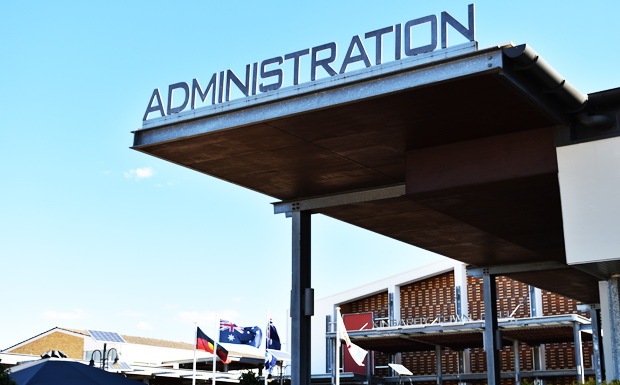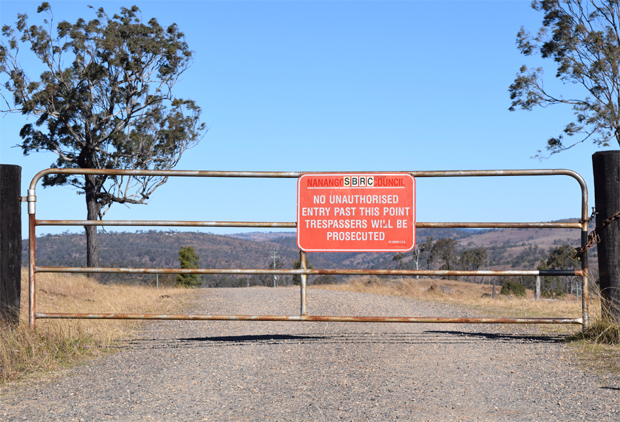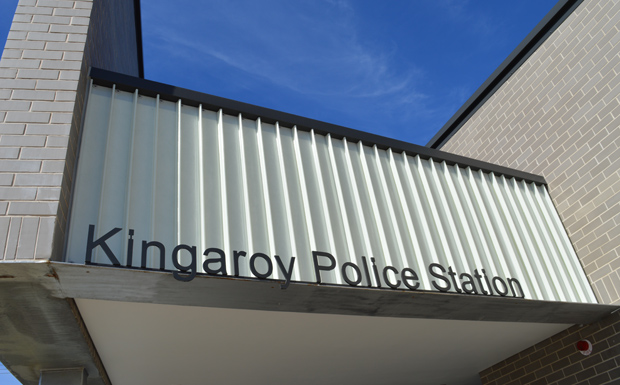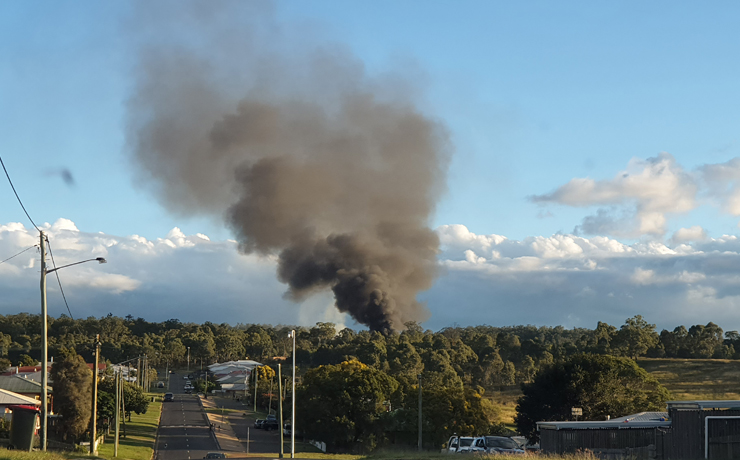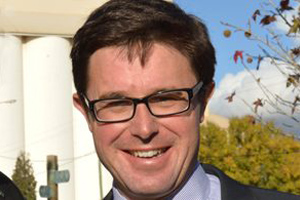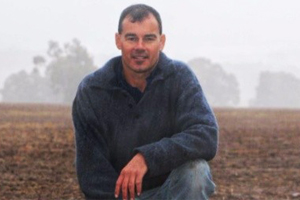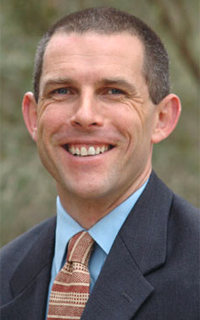
(Photo: Australian Organic)
Growers of organic crops have called for an overhaul of legislation following a decision today to deny compensation to a farmer whose organic crop was contaminated by his neighbour’s GM crop.
The West Australian Supreme Court rejected certified organic farmer Steve Marsh’s bid for compensation. Marsh attempted to sue his neighbour Michael Baxter for the contamination, which occurred in 2010.
GM material from Mr Baxter’s canola crop blew onto Mr Marsh’s land.
Mr Marsh claimed the contamination caused him to lose his organic certification on more than half his Kojonup property for almost three years.
Australian Organic, which owns the Australian Certified Organic logo, said the court’s decision highlighted the difficulties legislation had in keeping up with new technologies.
It wants a review of the laws and related codes affecting GM production to protect the interests of all farmers.
It says increasing land buffer zones between properties and changing harvesting practices would help to reduce genetic contamination risks.
“Unfortunately there are two losers in this case,” Australian Organic chairman Dr Andrew Monk said.
“It’s really sad to see two neighbours go to court when there should have been enough precautions in place before crops were even put in the ground.
“Unfortunately GM technology has imposed some significant additional risk management and testing requirements on the organic sector. GM testing has joined the ranks of the pesticide and herbicide tests that we already do.”
Australian Organic says it will continue to stand by the Australian Certified Organic Standard, which prohibits the use of GM materials.
Slater & Gordon, Commercial and Project Litigation lawyer Mark Walter said it had been a disappointing result for Mr Marsh.
He said it left Australia’s non-genetically modified food farmers with no legal protection against contamination from nearby properties.
“We will closely examine the judgement of this complex and unique case and advise our client of his legal options, including his right to appeal,” Mr Walter said.
Slater & Gordon has been providing legal services to Mr Marsh under its Public Interest and Pro Bono Scheme.
All third party costs – such as court fees, expert and barrister costs – were met by the Safe Food Foundation through donations.













